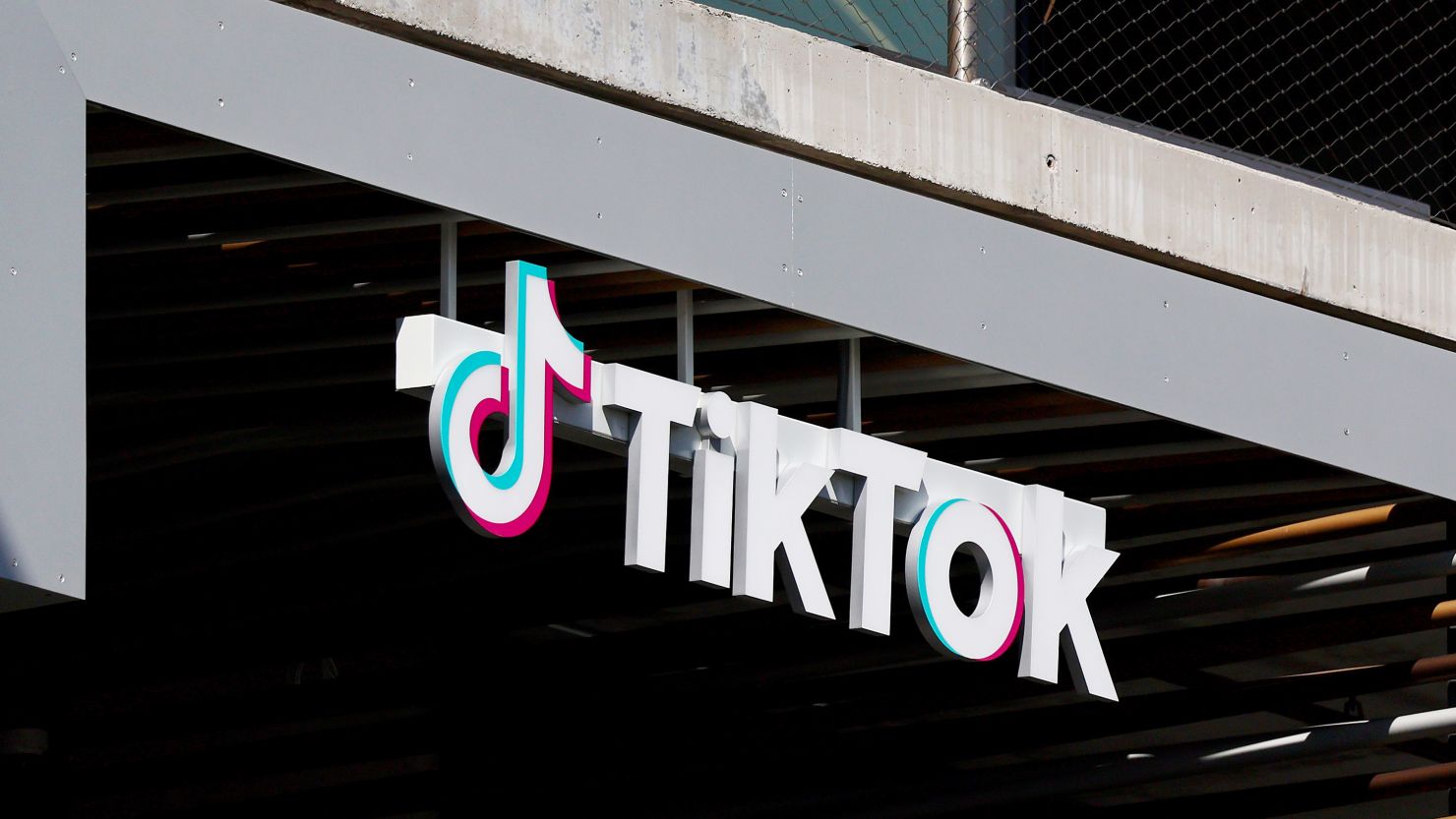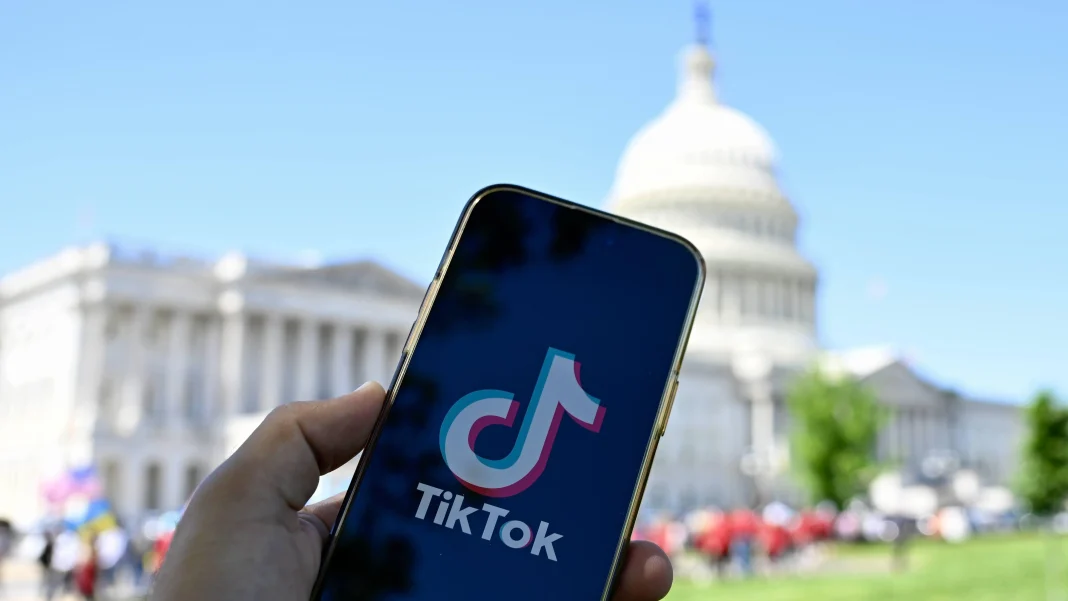TikTok users in the United States found themselves unable to access the platform on Saturday evening, just hours before a federal ban on the app was set to take effect. The app was also removed from major app stores, including those operated by Apple and Google, while the TikTok website displayed a message stating that the service was no longer available.
When users attempted to open TikTok, a pop-up message appeared, blocking access to videos and explaining the situation.
“A law banning TikTok has been enacted in the U.S.,” the message read. “Unfortunately, that means you can’t use TikTok for now. We are fortunate that President Trump has indicated he will work with us on a solution to reinstate TikTok once he takes office,” the message added, referencing the president-elect’s promise to “save” the platform. TikTok encouraged users to stay tuned for updates.
The only options available to users were to close the app or visit the platform’s website, which displayed the same message and provided an option to download user data—a process TikTok had previously noted could take days.

Earlier, TikTok had informed users that its service would be “temporarily unavailable” and assured them it was working to restore operations in the U.S. as soon as possible. However, the duration of the blackout remains uncertain. In an interview on Saturday, Trump suggested he might grant TikTok a 90-day extension, with a decision potentially announced on Monday, his inauguration day.
Concerns about TikTok’s ties to China have long been a point of contention in Washington, with lawmakers and officials from both the Trump and Biden administrations labeling the app a national security risk. TikTok’s parent company, ByteDance, is based in Beijing and also owns popular apps like CapCut and Lemon8, which were similarly affected on Saturday.
The Biden administration has argued that TikTok collects vast amounts of U.S. user data, which could potentially be accessed by the Chinese government. Officials have also raised concerns about the platform’s algorithm being manipulated by Chinese authorities. However, no concrete evidence has been presented publicly to confirm such actions.
The ban stems from a law passed by Congress in April as part of a $95-billion foreign aid package for Ukraine and Israel. President Biden signed the legislation, which TikTok and ByteDance subsequently challenged on First Amendment grounds. On Friday, the Supreme Court ruled unanimously that the national security risks posed by TikTok’s Chinese ownership outweighed free speech concerns, effectively allowing the law to stand.
Following the court’s decision, White House Press Secretary Karine Jean-Pierre and Deputy Attorney General Lisa Monaco stated that implementation of the law would fall to Trump after his inauguration. TikTok, however, demanded clarity from the Biden administration, warning that the platform would “go dark” without a definitive response—a request dismissed by Jean-Pierre as a “stunt.”
Under the law, mobile app stores are prohibited from offering TikTok, and internet hosting services are barred from delivering its content to U.S. users. While the statute allows a 90-day extension if a sale is in progress, no viable buyers have emerged. ByteDance has stated it does not intend to sell TikTok.
On Saturday, artificial intelligence startup Perplexity AI reportedly proposed creating a new entity combining its operations with TikTok’s U.S. business, allowing ByteDance’s shareholders to retain their stakes. Other investors, including Kevin O’Leary and billionaire Frank McCourt, have also expressed interest in acquiring TikTok, with an offer of $20 billion reportedly made last year.



